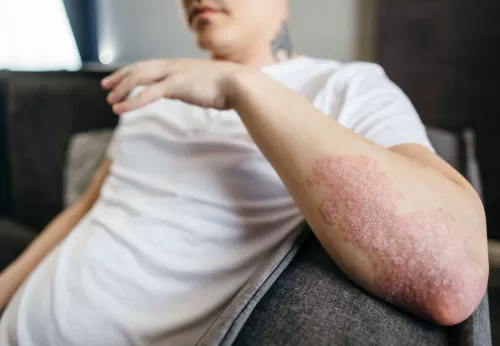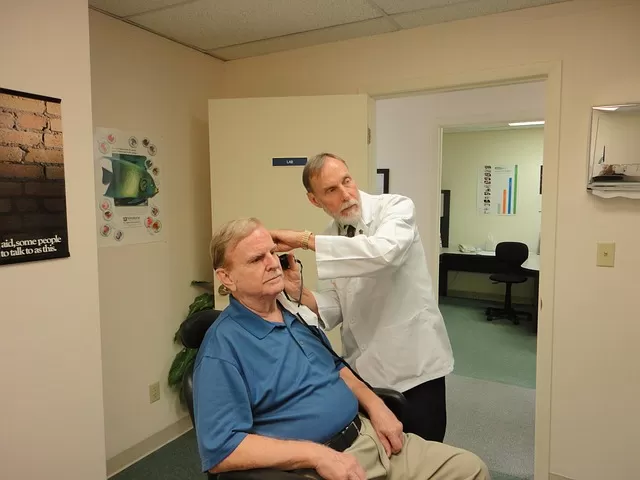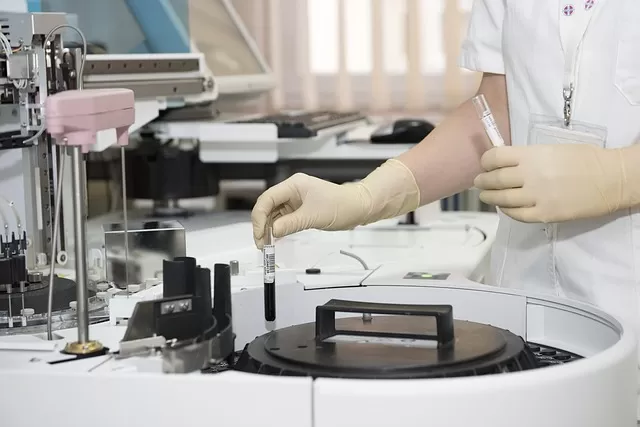Understanding Plaque Psoriasis: Causes and Insights
Plaque psoriasis is a widespread condition affecting over 60 million people globally, with psoriasis treatment playing a crucial role in managing symptoms. In the United States, approximately 8 million people suffer from psoriasis, and up to 30% of them experience plaque psoriasis.

Genetic Factors
Genetics are a significant factor in plaque psoriasis development. Research published in the Journal of Investigative Dermatology indicates that genetics contribute to around 80% of the risk. Over 60 genes linked to the condition have been identified, primarily those involved in immune function and skin health.
Environmental Triggers
Environmental influences can trigger or worsen plaque psoriasis. Common triggers include stress, skin injuries, and infections. According to the National Psoriasis Foundation, up to 50% of psoriasis patients report stress as a significant trigger. Awareness of these factors is essential for managing the condition.
Lifestyle Choices
Certain lifestyle habits, such as smoking and excessive alcohol consumption, can elevate the risk of psoriasis. The Journal of the American Academy of Dermatology notes that smokers are almost twice as likely to develop psoriasis. The risk increases with the number of cigarettes smoked daily.
Medication Side Effects
Some medications can exacerbate psoriasis symptoms. Drugs including lithium, beta-blockers, antimalarials, and nonsteroidal anti-inflammatory drugs (NSAIDs) are known to potentially worsen the condition. Patients should discuss medication impacts with their healthcare providers.
Obesity and Its Impact
Obesity, particularly in women, is a notable risk factor. A study in the Journal of Investigative Dermatology found that women with a BMI of 30 or higher faced a 63% increased risk of developing psoriasis compared to those with a BMI under 25.
Vitamin D Deficiency
Vitamin D levels may also play a role. Research suggests individuals with psoriasis might have lower levels of vitamin D than those without the condition. However, further studies are necessary to fully understand this relationship.
Conclusion
Plaque psoriasis is influenced by a mix of genetic, environmental, lifestyle, and nutritional factors. While there is no cure, effective psoriasis treatment and lifestyle adjustments can manage the condition. Consulting healthcare professionals is vital for accurate diagnosis and customized treatment plans. Through informed choices and medical guidance, individuals can effectively control plaque psoriasis and improve their quality of life.

Deodorants That Actually Last Through Your Toughest Workouts

Hypertension Drugs: What Seniors Need to Know in 2025

Boost Your Performance Exploring Male Enhancement Gummies

Gentle Pain Relief And Lifestyle Tips For Active Seniors

Finding the Best Hearing Aid for Seniors

Why More Americans Are Turning to Online Pharmacies for Their Medications

Understanding Prostate Cancer: Symptoms and Treatment Options







